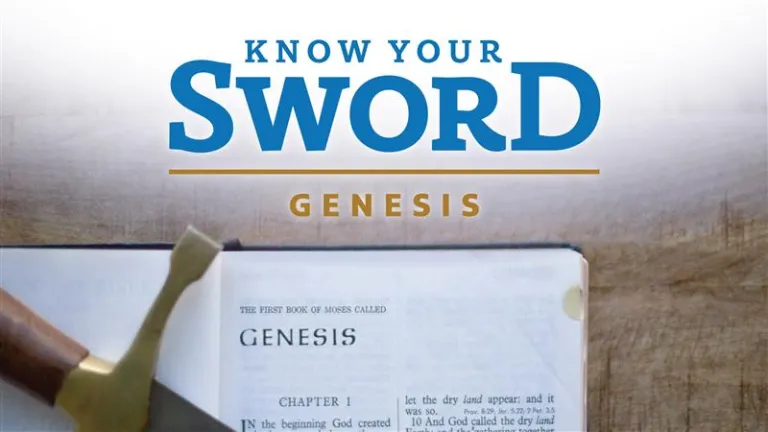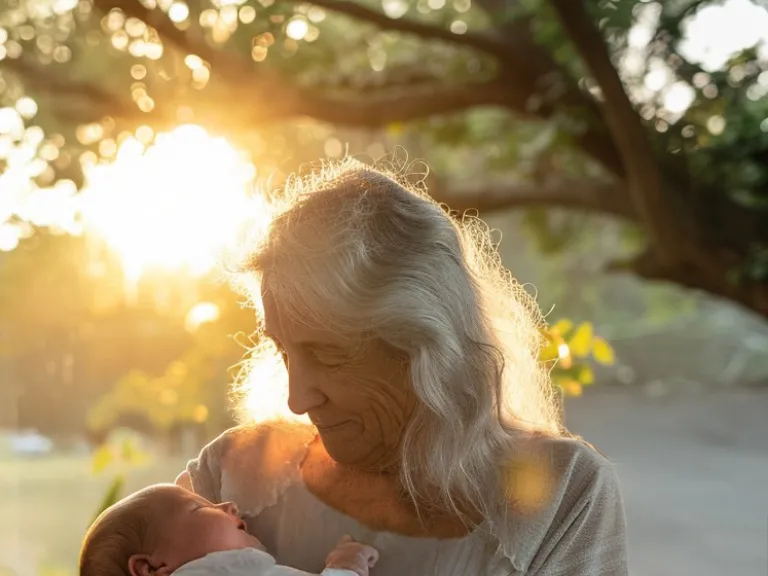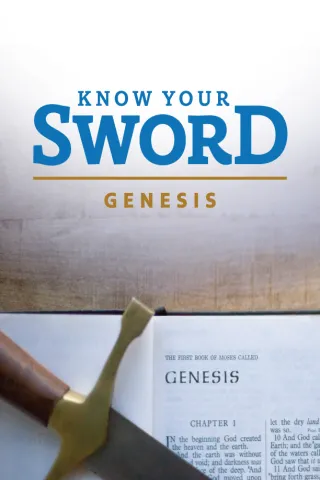Genesis Part 029

Abram is now 85 and Sarai 75 years old. Ten years have passed since God had promised to make Abram a great nation (Genesis 12:4), yet they remain childless. Barrenness in this culture was extremely difficult. Being able to have children was seen as a gift from God and therefore if you could not have children, you were thought to be punished or cursed by God. This would lead to a woman to experience reproach or “social death.”
The Bible shows us how hard it was on women of that society to not be able to have children. As you read the following verses, place yourself in these women’s shoes:
In Genesis 30:1 barren Rachel says, "Give me children, or I’ll die!" In the previous chapter, Leah, who feels unloved by her husband, clearly feels her husband will love her for giving him sons. Notice what she says:
“So Leah conceived and bore a son, and she called his name Reuben; for she said, ‘The LORD has surely looked on my affliction. Now therefore, my husband will love me’" (Genesis 29:32).
Genesis 29:33-34 “Then she conceived again and bore a son, and said, ‘Because the LORD has heard that I am unloved, He has therefore given me this son also.’ And she called his name Simeon. She conceived again and bore a son, and said, ‘Now this time my husband will become attached to me, because I have borne him three sons.’ Therefore, his name was called Levi.”
In 1 Samuel we read about the anguish of Hannah (Samuel’s mother) who is barren at the time.
“And her rival also provoked her severely, to make her miserable, because the LORD had closed her womb. So it was, year by year, when she went up to the house of the LORD, that she provoked her; therefore, she wept and did not eat. Then Elkanah her husband said to her, ‘Hannah, why do you weep? Why do you not eat? And why is your heart grieved? Am I not better to you than ten sons?' And she was in bitterness of soul and prayed to the LORD and wept in anguish. Then she made a vow and said, ‘O LORD of hosts, if You will indeed look on the affliction of Your maidservant and remember me, and not forget Your maidservant, but will give Your maidservant a male child, then I will give him to the LORD all the days of his life, and no razor shall come upon his head.’" (1 Samuel 1:6-8, 10-11).

It’s clear from these scriptures that barrenness is extremely difficult. From this difficult place we find Sarai 10 years later.
Genesis 16:1 introduces us to Hagar. Bible translations tell us she is Egyptian (which is accurate), but it is interesting that the Hebrew word used here, Mitsriy, comes from the root Mitsrayim. If you recall back to Genesis 10:6, Noah’s son Ham had four sons, one of them being Mizraim. Bible dictionaries tell us that Mizraim settled in Egypt and his family name becomes known as “Egyptians.” This is an interesting family connection. Bible commentaries state that Sarai probably obtained Hagar from the Pharaoh in Genesis 12:16.
In verse 2 Sarai attributes her barrenness as something God is actively withholding from her. "See now, the LORD has restrained me from bearing children.” Then, Sarai suggests Abram have a child through her servant Hagar.
Tomorrow we will continue looking at Sarai and Hagar.
UYA Team | uya@ucg.org
United Young Adults (UYA) primarily serves the 18–32-year age group for the United Church of God. There are three main areas of contribution to the lives of the young adults: Promoting Spiritual Growth, Developing Meaningful Relationships and Making the Most of Your Talents. The Know Your Sword series is a daily expository message introducing God’s Word from a trusted perspective.



